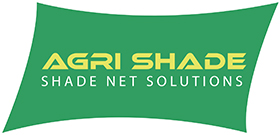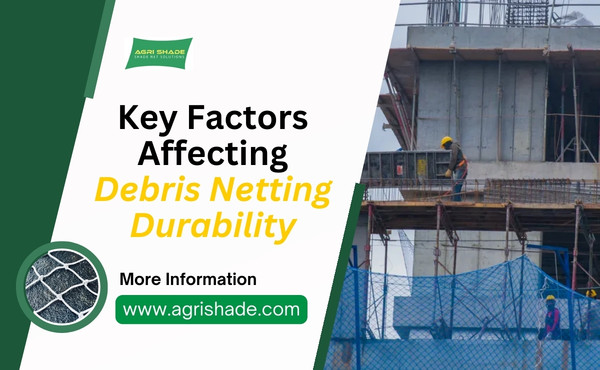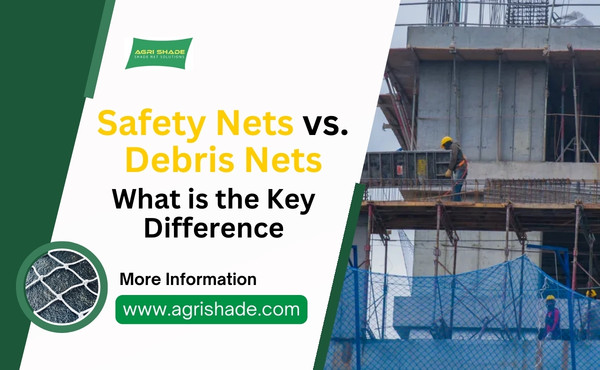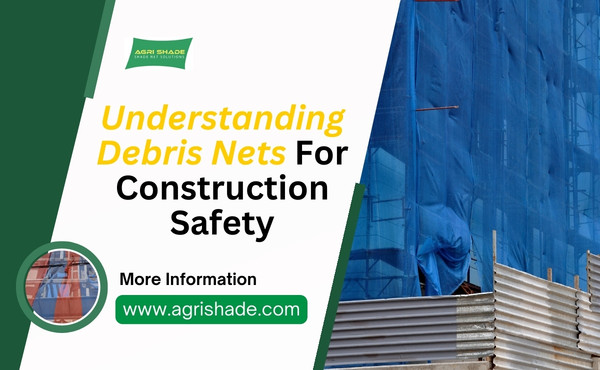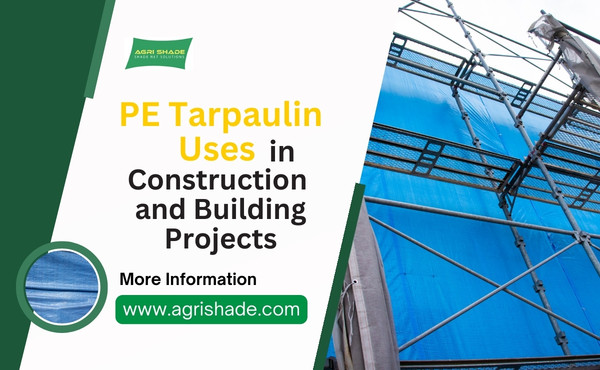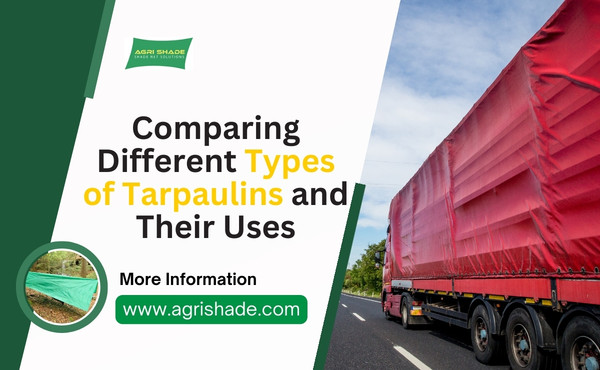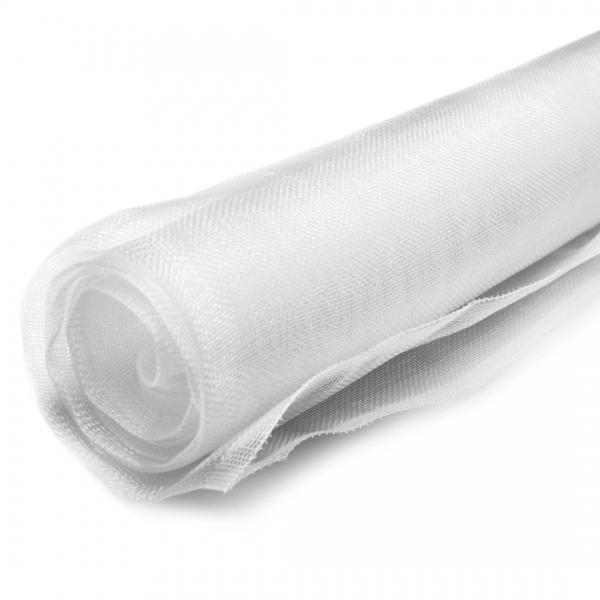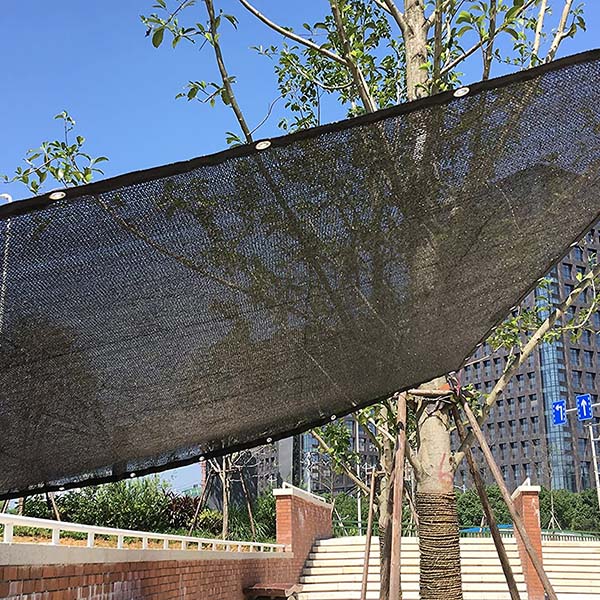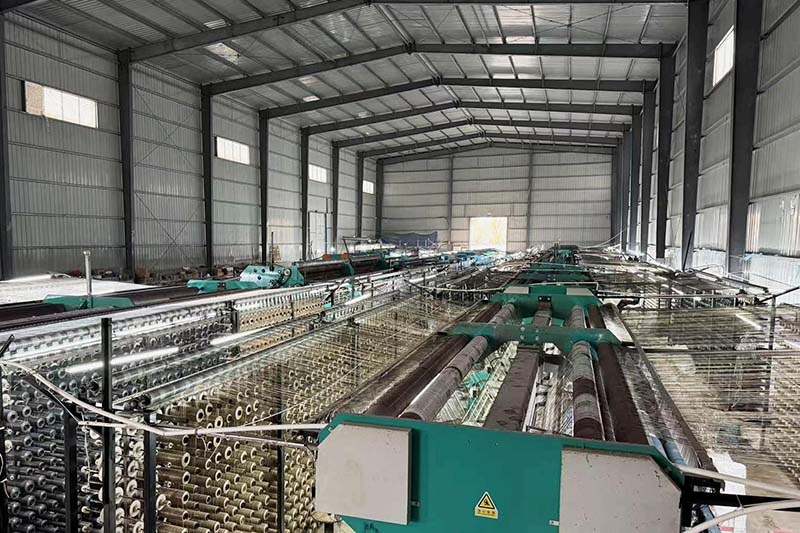When choosing a shade net manufacturer, focus on product quality, durability, and customer support. Match your needs—whether for agriculture, horticulture, or commercial use—with the manufacturer’s expertise. Check certifications, experience, and reputation to ensure reliability.
Compare prices and value, review customer feedback, and request samples to verify quality. Consider site visits to assess production standards. These steps help reduce risks and secure the best product for your project.
Define Needs
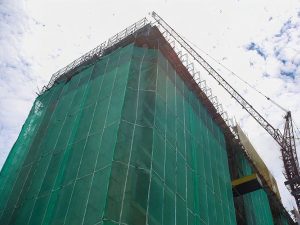
Purpose and Application
Every buyer should start by identifying the main use for the shade net. Common applications include agriculture, greenhouses, commercial spaces, and home gardens.
A farmer may need shade nets to protect crops from harsh sunlight. A business owner may want nets for parking lots or outdoor seating areas. Homeowners often use shade nets for patios or backyard gardens.
Specifications
Buyers must consider several technical details before making a decision. The most important factors include UV rating, size, color, and material.
- UV Rating: Higher UV protection means longer-lasting nets and better crop safety.
- Size: Measure the area to cover and choose nets that fit without excess waste.
- Color: Different colors can affect light transmission and temperature control.
- Material: Most shade nets use HDPE, which offers strength and weather resistance.
A reliable shade net manufacturer will offer products with clear specifications.
Shade Net Manufacturer Credentials
Certifications
A reputable shade net manufacturer always meets industry standards. Certifications like ISO and SGS show that the company follows strict quality and safety rules.
These certifications help buyers trust the products. They also show that the manufacturer uses approved materials and processes.
Experience and Reputation
Years of experience set a shade net manufacturer apart from new companies. Manufacturers with a long history often have better production skills and more reliable products.
Reputation matters as much as experience. Buyers should check reviews and feedback from other customers. A strong reputation means the manufacturer delivers on promises and supports clients well.
A reliable shade net manufacturer invests in quality and customer satisfaction. They often lead the market with new solutions and better service.
Product Quality
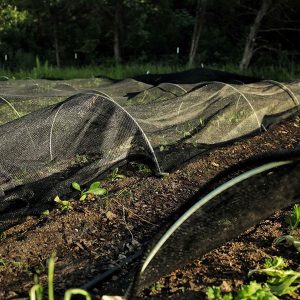
Materials and Durability
A high-quality shade net starts with strong materials. Most manufacturers use HDPE because it resists weather and lasts longer. Buyers should check if the net offers UV resistance. UV-resistant nets protect crops and structures from sun damage.
A durable net saves money over time. It stands up to wind, rain, and sunlight. Buyers should always ask about the expected lifespan of the product.
Quality Control
A reliable shade net manufacturer uses strict quality control at every step. They test raw materials before production. They inspect finished products for defects.
- Quality checks may include:
- UV resistance testing
- Tensile strength measurement
- Color consistency review
A good manufacturer shares test reports with buyers. This builds trust and ensures the product meets standards.
Warranty and Support
Warranty shows the manufacturer’s confidence in their product. Most top suppliers offer a warranty for a set number of years.
After-sales support matters as much as the product itself. Buyers should check if the manufacturer provides help with installation or replacement. Many companies offer free samples so buyers can test the product first.
| Feature | Why It Matters |
|---|---|
| Warranty | Protects your purchase |
| After-sales help | Solves problems quickly |
| Sample availability | Lets you check quality |
A strong support system makes the buying process smooth and worry-free.
Pricing and Value
Quotes
Buyers should always request detailed quotes from multiple suppliers. Each quote should list the price per square meter, shipping costs, and any additional fees.
A clear quote allows buyers to plan their budget. Some suppliers offer discounts for bulk orders or long-term contracts. Buyers should ask about these options before making a decision.
Cost vs. Quality
Low prices may seem attractive, but they often signal lower quality. Buyers should focus on value, not just cost. A durable net with strong UV protection saves money over time because it lasts longer and needs fewer replacements.
Consider these factors when comparing options:
- Material strength and UV resistance
- Warranty length
- After-sales support
| Factor | Low Cost Option | High Value Option |
|---|---|---|
| Durability | Shorter lifespan | Longer lifespan |
| Warranty | Limited | Extended |
| Support | Minimal | Comprehensive |
Customer Feedback
Testimonials
Customer testimonials provide real-world insight into product performance. Buyers often share their experiences with installation, durability, and customer service.
A strong collection of positive testimonials signals reliability. When customers describe how the product solved their problems, it builds trust for new buyers.
- Testimonials can highlight:
- Ease of installation
- Product lifespan
- Support from the supplier
Buyers should read testimonials on the manufacturer’s website and third-party platforms. Independent reviews often reveal both strengths and weaknesses.
References
References offer another layer of confidence. A reputable supplier provides contact information for previous clients upon request.
Buyers should prepare a list of questions before contacting references. They can ask about delivery times, product consistency, and after-sales support.
- Key questions to ask references:
- Did the product meet your expectations?
- Was the delivery on time?
- How did the supplier handle any issues?
References can confirm if the supplier stands by their promises. They also help buyers avoid costly mistakes by learning from others’ experiences.
Customer feedback, through testimonials and references, gives buyers a clear picture of what to expect. This step helps ensure the chosen supplier meets all requirements for quality and service.
Customer Service
Responsiveness
A supplier’s responsiveness often sets the tone for the entire business relationship. Fast replies to inquiries show that the company values its clients. When a buyer asks for information or support, a prompt answer can prevent delays in planning or installation.
Many buyers prefer companies that offer multiple contact channels. These may include phone, email, and online chat. Quick responses to technical questions or order updates help build trust.
A responsive team can also handle urgent issues more effectively. If a problem arises during delivery or installation, immediate support can save time and reduce losses.
| Customer Service Feature | Why It Matters |
|---|---|
| Fast response | Reduces downtime |
| Multiple contact options | Increases convenience |
| Proactive updates | Builds confidence |
Customization
Every project has unique requirements. Leading suppliers offer customization to meet specific needs. Buyers may need nets in special sizes, colors, or shading percentages.
A company that provides customization can adapt products for different crops, climates, or commercial uses. This flexibility ensures the net fits the intended application perfectly.
Some suppliers also offer branding or packaging options. This service helps businesses stand out in the market. Customization can include:
- Unique dimensions
- Special colors
- Custom shading levels
- Private label packaging
A supplier’s willingness to customize shows commitment to customer satisfaction. It also demonstrates technical capability and attention to detail.
Facility Visit
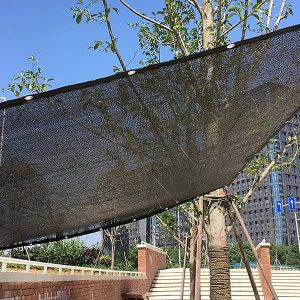
Site Visit
A site visit gives buyers a clear view of the manufacturer’s operations. They can see the production process and check the quality of raw materials.
During the visit, buyers should look for organized workspaces and modern machinery. Clean facilities often reflect good management and attention to detail.
- Ask to see the storage area for finished products.
- Check if the company follows safety and quality standards.
A site visit also allows buyers to meet the team. They can ask questions about production timelines and quality control.
Product Samples
Requesting product samples is a smart step before placing a large order. Samples let buyers test the net’s strength, flexibility, and UV resistance.
- Compare samples from different suppliers for color, weave, and durability.
- Test the sample in real conditions if possible.
Top suppliers often provide free samples to serious buyers. They may also offer OEM customization for special projects.
Samples help buyers check if the product matches technical data sheets. They also reveal how the net performs under sunlight and stress.
- Use the sample to check for defects or weak spots.
- Confirm that the sample meets all project needs.
A careful review of samples and a site visit help buyers make informed decisions. These steps reduce risk and build confidence in the supplier.
Choosing the right supplier involves several clear steps. Buyers should define their needs, check credentials, review product quality, compare pricing, and gather customer feedback.
- Use a checklist to stay organized during the selection process.
Conclusion
Choosing the right shade net manufacturer involves more than just comparing prices. It requires a clear understanding of your project needs, a review of technical specifications, and an evaluation of the supplier’s experience, product quality, certifications, and customer service.
Look for a manufacturer that offers strong materials, UV protection, customization options, and responsive support. Use testimonials, references, samples, and—if possible—facility visits to verify claims. A reliable shade net supplier not only delivers durable products but also builds long-term trust and value. Careful selection ensures your investment pays off in performance and peace of mind.
